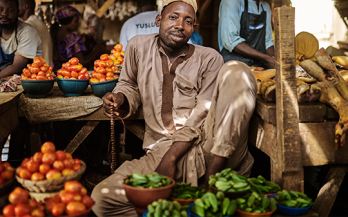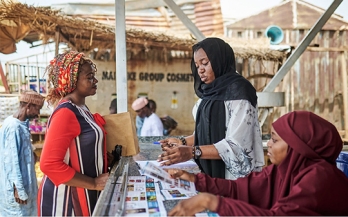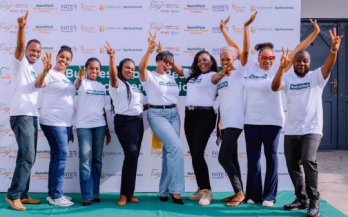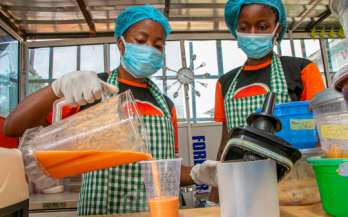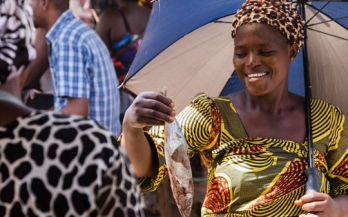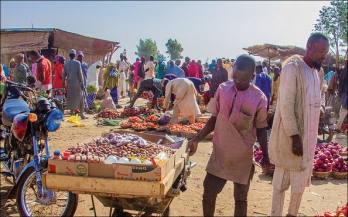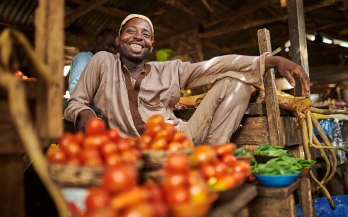- 18/06/2024
The NFCMS 2021 provides valuable insights and highlights the need for strategic investments in agriculture, nutrition, and food systems. While progress has been made, there is a clear imperative for improved implementation and expanded coverage of nutrition interventions across diverse population groups.
- 18/06/2024
Reducing foodborne disease in low- and middle-income countries (LMICs) is crucial for advancing nutrition, health, and other development goals. The U.S. Agency for International Development (USAID)/Feed the Future’s Evidence and Action Towards Safe, Nutritious Food (EatSafe) program sought to harness consumer demand as a mechanism to improve food safety practices and generate evidence on how to raise consumer demand for safe, nutritious foods in traditional market settings—the main source of food for most LMIC consumers.
Consuming a healthy diet is vital for people’s well-being – to live well, grow, and stay active. Nigeria’s vibrant food systems have the critical job of nourishing Africa’s largest nation – a growing and youthful population that needs to be well-fed to meet its potential.
Since most people get a large portion of their food from the private sector, private-sector companies can play a key role in improving nutrition by bringing more safe and nutritious products to market, in forms that are appealing and affordable to consumers. This is ever more important in Nigeria today, where annual food inflation in December 2023 reached 28% - putting healthy diets beyond the reach of many lower-income consumers.
- 06/03/2023
As part of EatSafe's effort to evaluate the impacts of food safety behavior change interventions, this report summarized food safety behaviors and behavior drivers across four food safety macro-indices, assessed via structured surveys of vendors and consumers in Nigeria.
- 04/10/2023
Nigeria’s plan for the transformation of its food systems, presented after the landmark 2021 United Nations Food Systems Summit, is proof of its strong political dedication to implementing impactful changes in the country’s food systems.
- 18/08/2023
In this paper, EatSafe examines the process of “making a market” through a case study of vendors and consumers, using in-depth interviews, in Birnin Kebbi, Nigeria. Results demonstrate that market transactions are influenced by a complex interaction of vendors’ norms on competition and collaboration, consumers’ needs for credit amid unpredictable prices and restrictive gender norms, and a “moral economy” that appears to guide market actors’ behavior.
- 14/06/2023
EatSafe interviewed producers, processors, transporters, storage providers, and wholesalers of six food commodities to understand perceptions and actions related to food safety hazards across Nigerian food supply chains.
- 21/06/2023
The Commercialisation for Biofortified Crops (CBC) project was launched by GAIN and HarvestPlus in 2020 with an overall goal to reach at least 167 million consumers with nutrient-dense biofortified foods (previously piloted by HarvestPlus) by 2022 in six countries in Africa (Nigeria, Kenya, and Tanzania) and Asia (India, Bangladesh, and Pakistan), through commercial pathways.
